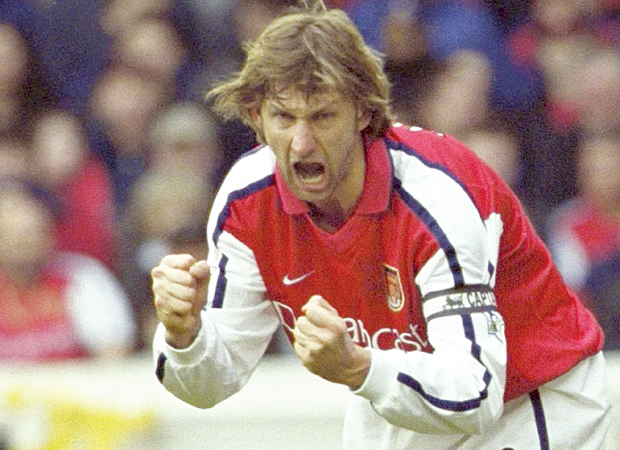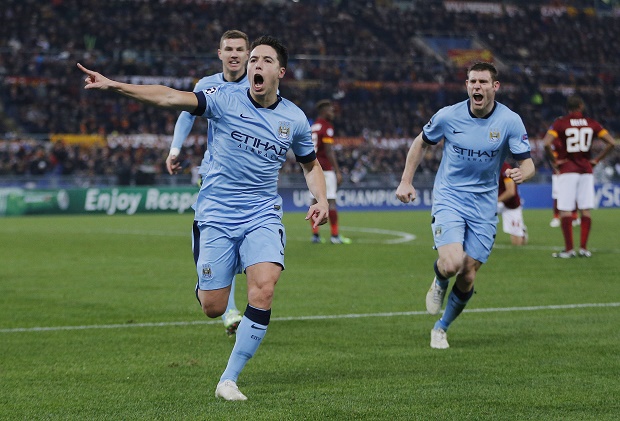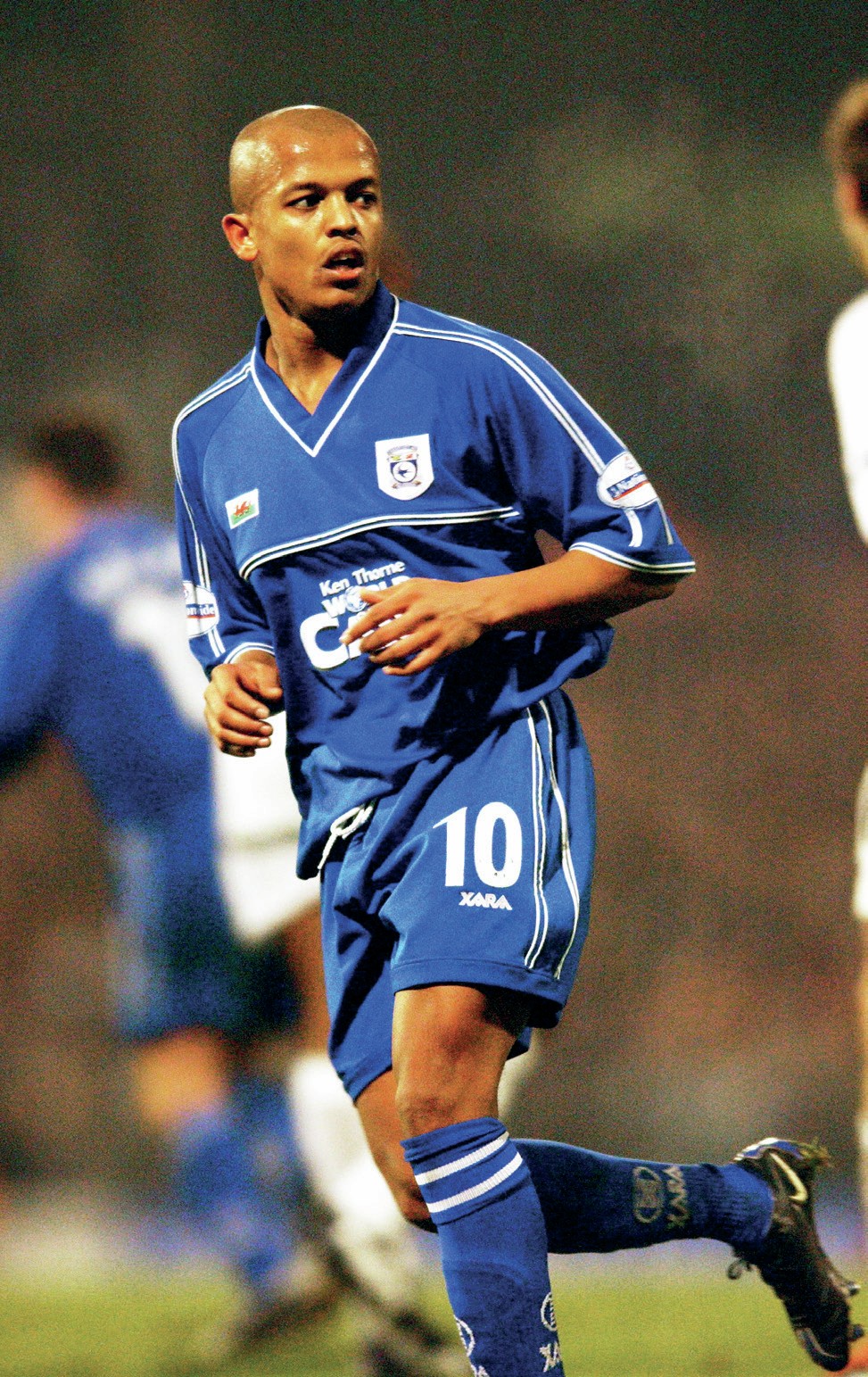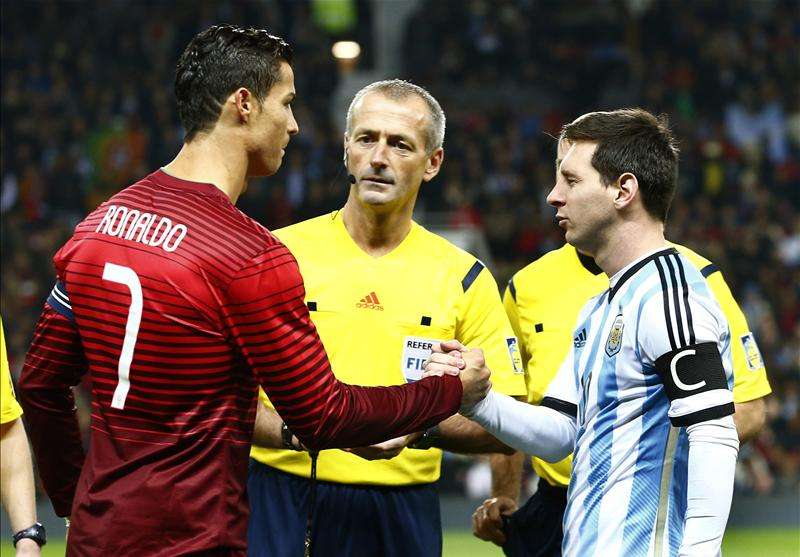
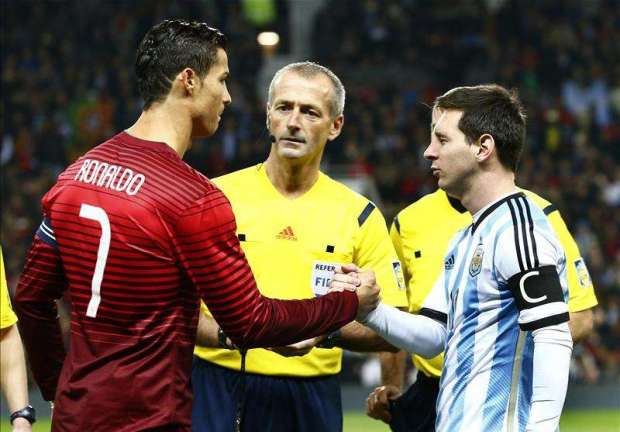 Jordan-Luke McDonald tries to get to the bottom of a question that’s often asked…
Jordan-Luke McDonald tries to get to the bottom of a question that’s often asked…
If you were to ask someone who did not follow football ‘who are the best footballers in the world?’, they would probably regurgitate names of high-profile players like Lionel Messi and Cristiano Ronaldo. And rightfully so.
The pair are constantly in the media – usually for the right reasons – so it would be expected that these kinds of names would be mindlessly bandied around. To be fair, you could ask the most knowledgeable of football fans and you would still expect the same answer.
But how do you actually define who the ‘best footballers’ are? Or perhaps a better question would be ‘how should we define them?’ What makes one player ‘world-class’ and another simply ‘good’? To me, there is seemingly a very undistinguished boundary between these two categories and nobody really knows how close a player can get to being ‘world- class’ without falling into that category.
According to Google, the term ‘world-class’ denotes something or someone that is “of or among the best in the world”, which is perhaps why many use the phrase a little too carelessly.
Take Messi and Ronaldo. They are quite clearly two of the greatest players to have ever graced this earth. Neutral supporters from across the globe can marvel in their genius. Indeed, if one does not appreciate the brilliance of the pair they would probably be ostracised from the footballing ‘community’.
But this isn’t always the case. Messi and Ronaldo are part of the elite, reaching the top three of the ‘World Player of the Year’ (ie: the Ballon D’Or) 15 times between them, winning it on a combined seven occasions spanning between 2008 and 2014.
Take a look at Manchester City. They broke their personal transfer record twice this summer, first signing young Englishman Raheem Sterling from Liverpool for a fee that could rise up to £49 million, and then signing playmaker Kevin De Bruyne from Wolfsburg for £54 million.
The former is arguably the most talented 20-year old in world football at present, having won the Golden Boy award in 2014. The latter, meanwhile, is proven quality; in all competitions in the 2014-15 season, the former Chelsea man netted 16 goals and turned provider for his teammates on multiple occasions, creating 27 assists.
It is understandable that his new City team-mate Sterling is not yet considered to be in the top bracket of players, despite his vast ocean of potential. But what is surprising is that very few people acknowledge De Bruyne to be a ‘world-class’ player.
In light of my use of statistics, I am a firm believer that they should never be used to constitute an argument with regards to a footballer’s quality. Instead, they should be utilised, tactfully, to enhance your argument. But in the Belgian’s defence, his inspired form guided Wolfsburg to a second place finish in the Bundesliga last season, in turn receiving the title of ‘Footballer of the Year’ in Germany.
Since his move to Manchester, De Bruyne has wooed City fans, regularly getting on the scoresheet. It seems that, despite his faltering start to life in England with Chelsea a couple of years ago, he has finally found his feet in the Premier League on the back of an inspirational Bundesliga campaign.
But what about players who don’t succeed in one league or another. You often hear the cliché that a player ‘couldn’t do it on a cold Tuesday night in Stoke’, or more simply that they ‘wouldn’t do it in the Premier League’. But does this really make any difference to their ‘world-class’ ability? The use of the word ‘world’ in the term would seem to suggest so, yet Pele, who is widely regarded to be the greatest player of all time, never made the move to a top European team. He did, however, perform consistently throughout his entire career, reaching 541 league goals which contributed to an incredible tally of 1,281 goals in 1,363 games.
It is perhaps here that you completely understand that a player’s quality cannot simply be judged based upon the standing of his club or of the quality of the players around him. This then presents the conundrum of whether a player who plays for a conventional ‘lesser’ team can be ‘world-class’ or not. If a player merely has to stand out from the crowd to be considered to be of sufficient quality, where do we draw the line?
Leicester City have been in inspired form in the current Premier League campaign. Jamie Vardy and Riyad Mahrez, two of their offensive players, held the first and joint-third positions in the league’s top goalscoring chart in early October.
Again, the use of statistics should be taken with a pinch of salt. Leicester had scored the joint-second most league goals this season, having netted on 17 occasions, and it is often the case that teams who are expected to finish outside the top six have one or two key players who consistently score goals. In contrast, the top teams usually have a wide array of talent that can contribute. Manchester City, for example, had scored 19 league goals in their opening eight games, split between ten players.
I am by no means indicating that Vardy is one of the leading strikers in world football, but having scored more Premier League goals than the likes of Sergio Aguero, Wayne Rooney and Diego Costa this season, it certainly throws a figurative spanner in the works.
You probably haven’t thought about this, but I have failed to even mention a single defensive player yet. If you ask for the highest quality players in the world, you would expect to receive an endless list of attacking outlets. This is a concept that is reflected in the nominations for the former FIFA World Player of the Year and European Footballer of the Year awards, which now reside in the form of the Ballon D’Or. Throughout footballing history, defenders have been hugely under-represented with regards to awards.
In fact, Manuel Neuer, Gianluigi Buffon, Oliver Kahn, Lev Yashin, Ivo Viktor, Paolo Maldini, Roberto Carlos, Fabio Cannavaro, Frank Rijkaard, Duncan Edwards, Karl-Heinz Schnellinger, John Charles, Ruud Krol, Andreas Brehme, Franco Baresi and Paul Breitner are the only players to have played in an out-and-out defensive position on a regular basis and then been selected for the top three since the initial award, the European Footballer of the Year, was inaugurated back in 1956.
It is, in truth, very difficult to judge a defender or a goalkeeper, as opposed to the relative ease with an attacking player. With midfielders and forwards, you can compare the number of goals scored, assists provided, chanced created and so on. But with a defender, it is difficult to determine which aspects of their game should be assessed, since statistics like tackles completed and interceptions made aren’t often a true reflection of their ability.
So when selecting a World XI, what is the process that people go through to determine their back four? How do they come to their selection?
It is also worth pointing out that, as an English reader, my reference to a ‘back four’ is probably second nature to you and you didn’t bat an eyelid. However, take a look to a division on the Continent, Serie A in Italy perhaps, and you would probably expect to find a ‘back three’.
In theory, then, it shouldn’t actually be possible to produce a World XI, since there is no universal formation. The vast variation of tactics and formations that exists between managers, even those who manage in the same league, is what makes football such a beautiful game.
With a ‘three at the back’ formation, full-backs aren’t always utilised. But with four defenders, ‘world-class’ full-backs are few and far between. It isn’t because there aren’t enough good players in those areas, but very few combine both the defensive capabilities and the offensive prowess that make a full-back so complete. Someone like Cesar Azpilicueta of Chelsea is a resolute presence on the touchline, but his attacking qualities remain to be fully demonstrated, whilst teammate Branislav Ivanovic’s overlapping runs and link-up play are excellent, though he has often been exposed on the back foot, resulting in poor goals being conceded.
It is a full-back’s capacity to be sound in both attack and defence that makes him so valuable, a la Philip Lahm, Dani Alves and Pablo Zabaleta.
To further muddy the water, there is then the proposal that a player has to win trophies on multiple levels to earn the title of ‘world-class’. Of course, there is then the debate as to whether this is a true illustration of a player’s ability. Players like Anderson won several trophies with Manchester United, and received the ‘Golden Boy’ accolade, yet his career never really took flight.
The ‘Golden Boy’ award is presented to a young player playing in one of Europe’s top leagues who has believed to have been the most impressive by sports journalists.
Many have referred to the ‘curse’ of the award, stating that many players, including Anderson, have had a lacklustre career after receiving the award. With all of the nominees under the age of 21, though, it is incredibly difficult to judge a player at that age, not to mention the enormous amount of pressure that it could potentially place on that particular player’s shoulders. Of course, the player has to already have made a notable impression across Europe to even be considered, and many thrive under the pressure, but it is understandable that some will not make it.
Many players’ ‘world-class’ status can be gained and then lost (and then even regained). This often naturally occurs towards the end of a player’s career as he ages and declines. However, sometimes, a transfer to a bigger club, a new league, or for an astronomical transfer fee can be the trigger. Mesut Ozil is the perfect example. A few years ago at Real Madrid, he was regarded to be one of the best playmakers in the world, yet now he is perhaps one of the most underrated ‘number 10s’. His influence on a game often subtle, he has constantly been criticised in the English media for failing to provide a blatantly obvious contribution to Arsenal.
Take the trip back to the Etihad Stadium and Sergio Aguero had only managed to score one Premier League goal from open play until City faced Newcastle – a game that saw the Argentine net five goals in 20 minutes. A pretty impressive feat, yes, but nobody ever doubted that the 27-year old would return to top form. But what about other players, like Ozil? It is extremely difficult to judge whether a player’s statistical record is solely down to a purple patch, or whether a slump in form comes down to fitness and fatigue. How long can we wait until we have to strip a player of their ‘world-class’ status?
And then you have to ask: how long does it take to establish yourself as a ‘world-class’ player?
Tottenham’s Harry Kane was never cited to be a ‘world-class’ talent, but he netted 21 goals in the Premier League last campaign, second only to Aguero, earning him an England call-up in the process. Yet this season, he has struggled to reach the same heights, with only one league goal. The term ‘one-season wonder’ has already been uttered by some.
And do you remember Alexandre Pato? Back in 2009, when he – you guessed it – won the Golden Boy award, he was the young star on every football fan’s lips. Now, he’s plying his trade in his native Brazil with São Paulo after a string of spells on the sidelines because of injuries. Just one of many youngsters pencilled in for stardom that never made it.
In a recent interview with BT Sport, Liverpool icon Steven Gerrard said of Mario Balotelli, yet another winner of the (in)famous Golden Boy: “He’s had his moments where he’s been world-class.” But do ‘world-class’ moments entail ‘world-class’ players? On the contrary, a ‘world-class’ player who has a couple of off-days or a few awful attempts on goal would not be deemed an awful player. At least not instantly. It really is difficult to distinguish.
Ultimately, it must be noted that any decision to differentiate players, to classify one as ‘world-class’ and another as ‘quality’, is largely subjective. Statistics can be useful, but they can also be misleading. However, there are, of course, players who we can all appreciate, without having to look at their goals-to- -game


Book Reviews
Book Review: Chris Towers finds right mix

Book Reviews
Book Review: Sir Geoff Hurst hits net
